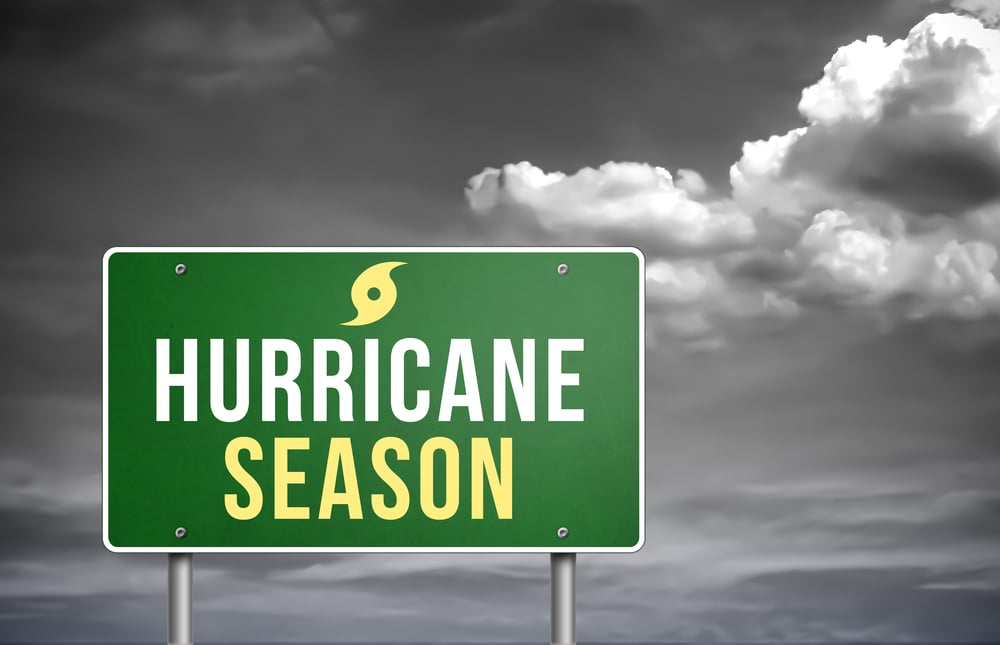And how do you claim it on your tax return?
Out of nowhere, disaster has struck, and you’ve suffered significant damage to your property as a result. You’re not sure what insurance will cover. What can you do?
You’re not completely out of luck: you can take a casualty loss deduction on your taxes this year.
What is a casualty loss?
What’s a deduction?
A tax deduction sounds like it should be subtracted from your tax liability, but it’s actually a reduction in the income used to calculate your taxes. So it does end up reducing your tax bill, just indirectly. It’s definitely a good thing. You want deductions.
When filing your taxes, there are two basic ways to handle deductions. You can take the standard deduction, which is a fixed amount that any taxpayer can choose to deduct from their taxable income. Alternatively, you can take itemized deductions, meaning you’re going through your finances from the year and adding up the individual deductions you qualify for. It’s a bit of a hassle but can add up to bigger savings than the standard deduction.
What’s a casualty?
The IRS describes a casualty as “Damage, destruction, or loss of property from any sudden, unexpected, or unusual event such as a flood, hurricane, tornado, fire, earthquake, or volcanic eruption.” And it really does have to be sudden, unexpected, or unusual. It can’t be normal wear and tear, and it can’t be damage that occurred over time.
For instance, if a volcano blows up your house, that’s a casualty. If a river slowly erodes the ground beneath your house for decades until it finally collapses, that’s not a casualty.
What’s a casualty loss deduction?
Put it all together and we have a casualty loss deduction, which is a reduction of your taxable income based on sudden, unusual, or unexpected damage to your property. Get hit with a disaster, and you get a break on your taxes.
There’s a few caveats. For one, it’s not considered a loss if you can reasonably expect reimbursement, like from insurance (though if insurance only covers part of the damage, the remainder can be claimed as a loss). Additionally, since the passage of the Tax Cuts and Jobs Act of 2017, you can only claim casualty losses to personal property when the damage occurred as a result of a federally recognized disaster.
| 👩🏫Note: If you sustain a casualty loss from a federally recognized disaster, and this disaster took place in an area warranting public and/or individual assistance, you can actually claim that deduction on the previous year’s taxes. That means faster! |
Steps to claim a loss
1. Documentation
First, we need as much documentation as possible. If you want your money, you have to be able to prove you really deserve it.
Gather any documents that record the type of casualty and when it took place, proof that the loss resulted from the casualty, proof that you own the property in question, anything you can think of that can help make the case that a disaster took place and it damaged something you own.
And once you’ve got that documentation, save it for your tax professional!
2. Calculation
Next, you need to figure out how much damage actually occurred.
The starting point is your adjusted basis in the property, meaning how much it cost for you to acquire it, or the fair market value (FMV) here, which is the price you could get from a willing buyer. Whichever is lower (sorry, that’s the rules).
You can pay an appraiser to determine the loss of value, or you can subtract the cost of repairs from the previous FMV. That is, if you’ve actually made these repairs.
Finally, apply the “10 percent rule” and the “$100 rule.” You can only claim damages in excess of 10% of your yearly income, and you have to subtract $100 from each casualty deduction. Once again, the IRS says so.
3. Filing
Once you’ve done all the math, use Form 4684 to document the losses and attach it to your personal tax return – Form 1040 – when you file. You’ll also need to be taking itemized deductions, so fill out Schedule A of Form 1040 as well.
After that, just file your taxes!
Business property
What if, instead of your home, disaster strikes your business?
That’s a bummer, but fortunately, casualty losses are actually easier to claim for business property. The pre-TCJA rules still apply, so the casualty doesn’t even need to be part of a federally recognized disaster.
It still has to be a sudden, unexpected loss, but overall, the rules are more generous when it comes to business property.
Bottom line
A disaster can be, well, a disaster. But even if insurance falls short, taking a casualty loss deduction can help you rebuild. You’ll have to do some work documenting the losses, and you’ll want to qualify for enough in itemized deductions to beat the standard deduction, but it’s worth it if it helps you get back on your feet.
If you want your taxes to be as simple and painless as possible this year, why not give DiMercurio Advisors a call? Our expert team will find you maximum savings with minimum hassle.








